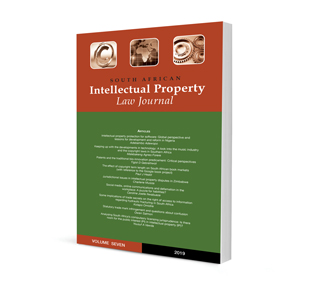
Human rights, harmonious interpretation and the hegemonic international trade regime: The case of the COVID-19 TRIPS waiver proposals
Author Sanya Samtani
ISSN: 2521-2591
Affiliations: Postdoctoral research fellow at the South African Research Chair Initiative in International and Constitutional Law, Department of Public Law, University of Pretoria
Source: South African Intellectual Property Law Journal, 2022, p. 66 – 104
https://doi.org/10.47348/SAIPL/v10/a4
Abstract
Although the COVID-19 pandemic has receded from daily news coverage, it still continues. Despite states committing to a human rights approach to ending the pandemic, and bearing human rights obligations to that effect, they have under-realised these obligations during this crisis. This article identifies the institutional design of the international trade regime as one of the key reasons for this failure. The article analyses the COVID-19 TRIPS waiver proposals and the Geneva package outcome emerging from the World Trade Organisation (WTO). It focuses on one aspect of both waiver proposals that is absent from the Geneva package outcome: states’ commitment to refrain from approaching the WTO Dispute Settlement System (DSS). The article argues that state parties to international human rights treaties and the WTO-covered agreements bear concurrent trade, intellectual property and human rights obligations. While international law requires states to harmoniously interpret these obligations to give effect to all of them, states have failed to do so. Instead, states’ trade and intellectual property obligations have become hegemonic, leading to the prioritisation of the market at the cost of human lives during one of the biggest humanitarian crises in recent memory, and necessitating the waiver proposals. The article concludes that, in the short term, waivers of intellectual property obligations as well as commitments not to bring actions at the WTO DSS are crucial to ensure that states can fulfil their human rights obligations during pandemics. In the longer term, this state of affairs highlights the need for rethinking existing international legal structures and the values that they promote.